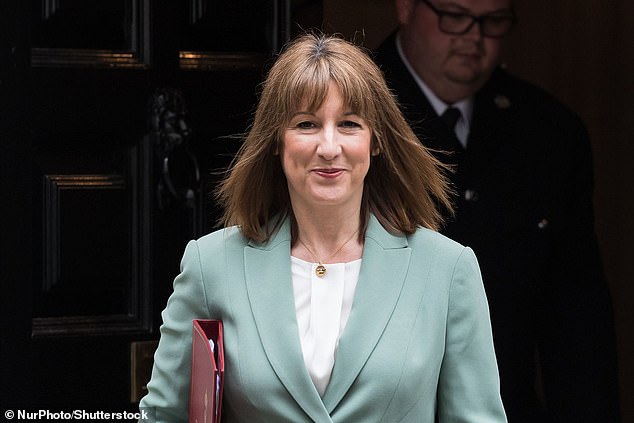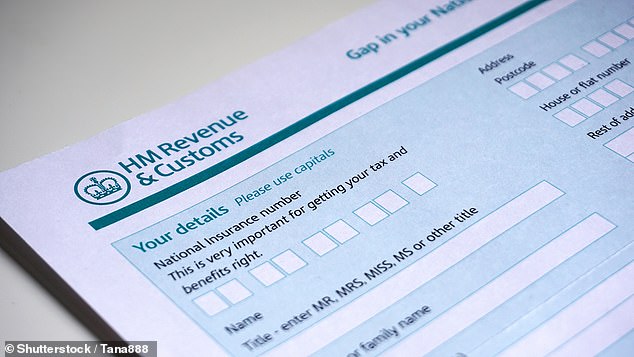Rachel Reeves was on collision course with Labour welfare rebels last night after they rejected an ‘olive branch’ designed to head off a Commons mutiny over benefit cuts.
The Chancellor is facing a ferocious backlash from her own MPs over plans to trim £5 billion from the benefits bill. More than 100 Labour MPs have warned party whips they could vote against the plan to restrict eligibility to disability benefits.
Ministers are trying to contain the rebellion by suggesting possible concessions. Under one proposal, those affected would continue to receive their benefits for a further 13 weeks to give them more time to find a job.
The compromise is set to be included when the legislation needed to push through the cuts is published next week.
But leading rebels dismissed the idea.
Poole MP Neil Duncan-Jordan said the proposal was ‘not a concession’ as it was already included in a government consultation on the cuts.
Mr Duncan-Jordan, a long-time anti-poverty campaigner, said the cuts would ‘make disabled poorer’. He added: ‘No amount of warm words mask the reality – cuts don’t create jobs they create austerity. I’m voting No.’
Fellow rebel Rachel Maskell said: ‘I’ll have to vote against something which will cause such harm to my constituents – too many lives will be put at risk if they press ahead.’

Rachel Reeves was on collision course with Labour welfare rebels last night after they rejected an ‘olive branch’ designed to head off a Commons mutiny over benefit cuts

Economists say the cuts will hit 1.2 million people, with those affected losing an average of around £4,500 per year each (file image)

Neil Duncan-Jordan (pictured), a long-time anti-poverty campaigner, said the cuts would ‘make disabled poorer’
Ms Reeves used the £5 billion package of benefit cuts to help balance the books when she gave her spring statement on the economy in March. Without them she would have been at risk of breaking her own fiscal rules set just five months earlier.
Economists say the cuts will hit 1.2 million people, with those affected losing an average of around £4,500 per year each.
The government’s own impact assessment suggested the changes would drive 250,000 people into poverty, including 50,000 children.
But Ms Reeves signalled she will not back down further, despite her recent U-turn on cuts to the winter fuel allowance.
Ruling out a climb down, she said reform was needed to prevent the welfare system becoming unsustainable.
‘It is important we reform the way the welfare state works so there is a welfare state there for people,’ she said.
‘We are the only developed country where the number of people in the labour market is lower than it was before Covid. The number of economically inactive people of working age is rising.’
The Chancellor said sickness benefits are forecast to rise sharply despite the cuts, with official estimates suggesting they will reach almost £100 billion a year by the end of the decade.












